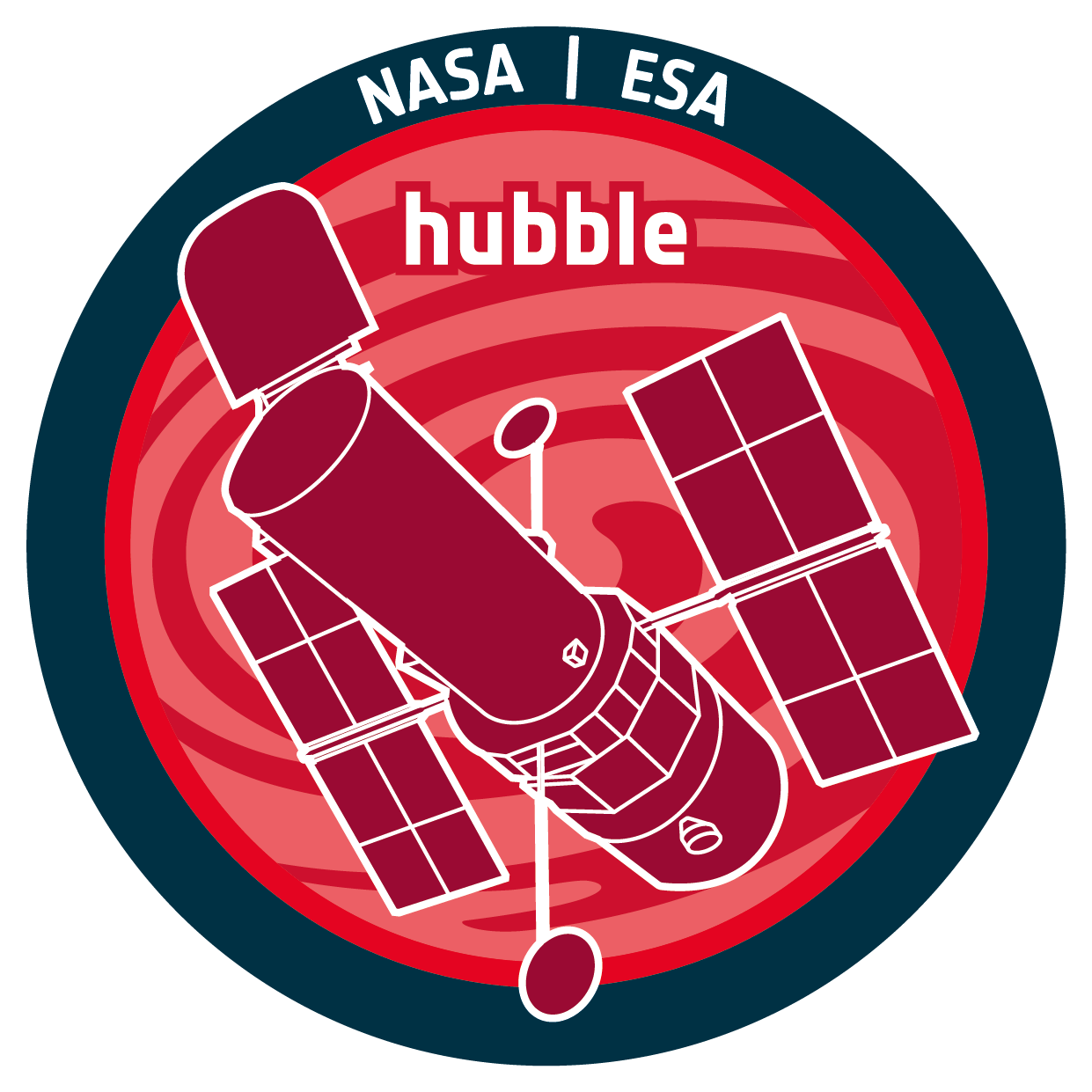Name
11616
Title
The Disks, Accretion, and Outflows {DAO} of T Tau stars
URL
https://hst.esac.esa.int/ehst/#/pages/search;proposal=11616;TAPCLIENT=DOI
DOI
https://doi.org/10.5270/esa-zzcfnwa
Author
Herczeg, Gregory J.
Description
This is a scientific proposal for HST mission. For specific information please visit https://archive.stsci.edu/proposal_search.php?id=11616&mission=hst
Publication
Accretion Rates for T Tauri Stars Using Nearly Simultaneous Ultraviolet and Optical Spectra A Hubble Space Telescope Survey of H2 Emission in the Circumstellar Environments of Young Stars Characterizing CO Fourth Positive Emission in Young Circumstellar Disks CO and H2 Absorption in the AA Tauri Circumstellar Disk Consistent dust and gas models for protoplanetary disks. IV. A panchromatic view of protoplanetary disks Constraints to the magnetospheric properties of T Tauri stars - II. The Mg II ultraviolet feature Constraints to the magnetospheric properties of T Tauri stars - I. The C II, Fe II and Si II ultraviolet features Detection of H2 in the TWA 7 System: A Probable Circumstellar Origin Direct Measurement of Interstellar Extinction toward Young Stars Using Atomic Hydrogen Lya Absorption Empirically Estimated Far-UV Extinction Curves for Classical T Tauri Stars Estimating the Ultraviolet Emission of M Dwarfs with Exoplanets from Ca II and Ha Evidence of Hot High Velocity Photoionized Plasma Falling on Actively Accreting T Tauri Stars Fluctuations and Flares in the Ultraviolet Line Emission of Cool Stars: Implications for Exoplanet Transit Observations FUV Spectroscopy of Interstellar and Circumstellar Material High-resolution Ultraviolet Radiation Fields of Classical T Tauri Stars Hot Gas Lines in T Tauri Stars In the Trenches of the Solar-Stellar Connection. VII. Wilson-Bappu 2022 Investigating the Origin of Hot Gas Lines in Herbig Ae/Be Stars Lya Dominance of the Classical T Tauri Far-ultraviolet Radiation Field Multiepoch Ultraviolet HST Observations of Accreting Low-mass Stars Near-ultraviolet Excess in Slowly Accreting T Tauri Stars: Limits Imposed by Chromospheric Emission Probing Protoplanetary Disk Winds with C II Absorption Probing the Inner Regions of Protoplanetary Disks with CO Absorption Line Spectroscopy Revealing the Star-Disk-Jet Connection in GM Aur Using Multiwavelength Variability Signatures of Hot Molecular Hydrogen Absorption from Protoplanetary Disks. I. Non-thermal Populations The 1600 A Emission Bump in Protoplanetary Disks: A Spectral Signature of H2 O Dissociation The Evolution of Inner Disk Gas in Transition Disks The Far-ultraviolet Continuum in Protoplanetary Disk Systems. II. Carbon Monoxide Fourth Positive Emission and Absorption The unusual protoplanetary disk around the T Tauri star ET Chamaeleontis UV Fluorescence Traces Gas and Lya Evolution in Protoplanetary Disks XMM-Newton Monitoring of the Close Pre-main-sequence Binary AK Sco. Evidence of Tide-driven Filling of the Inner Gap in the Circumbinary Disk X-ray to NIR emission from AA Tauri during the dim state. Occultation of the inner disk and gas-to-dust ratio of the absorber
Instrument
COS, COS/FUV, COS/NUV, COS-STIS, STIS, STIS/CCD, STIS/FUV-MAMA, STIS/NUV-MAMA
Temporal Coverage
2009-12-05T02:53:44Z/2011-11-10T13:16:06Z
Version
1.0
Mission Description
Launched in 1990, the NASA/ESA Hubble Space Telescope remains the premier UV and visible light telescope in orbit. With well over 1.6 million observations from 10 different scientific instruments, the ESA Hubble Science Archive is a treasure trove of astronomical data to be exploited.
Creator Contact
https://support.cosmos.esa.int/esdc/index.php?/Tickets/Submit
Date Published
2013-05-25T18:30:00Z
Last Update
2025-01-25
Keywords
Hubble, HST, HLA, HCV, ACS, COS, STIS, WFC3, FOC, FOS, HRS, NICMOS, WFPC, WFPC2
Publisher And Registrant
European Space Agency
Credit Guidelines
European Space Agency, Herczeg et al., 2013, 'The Disks, Accretion, and Outflows {DAO} of T Tau stars', 1.0, European Space Agency, https://doi.org/10.5270/esa-zzcfnwa Copy Example

